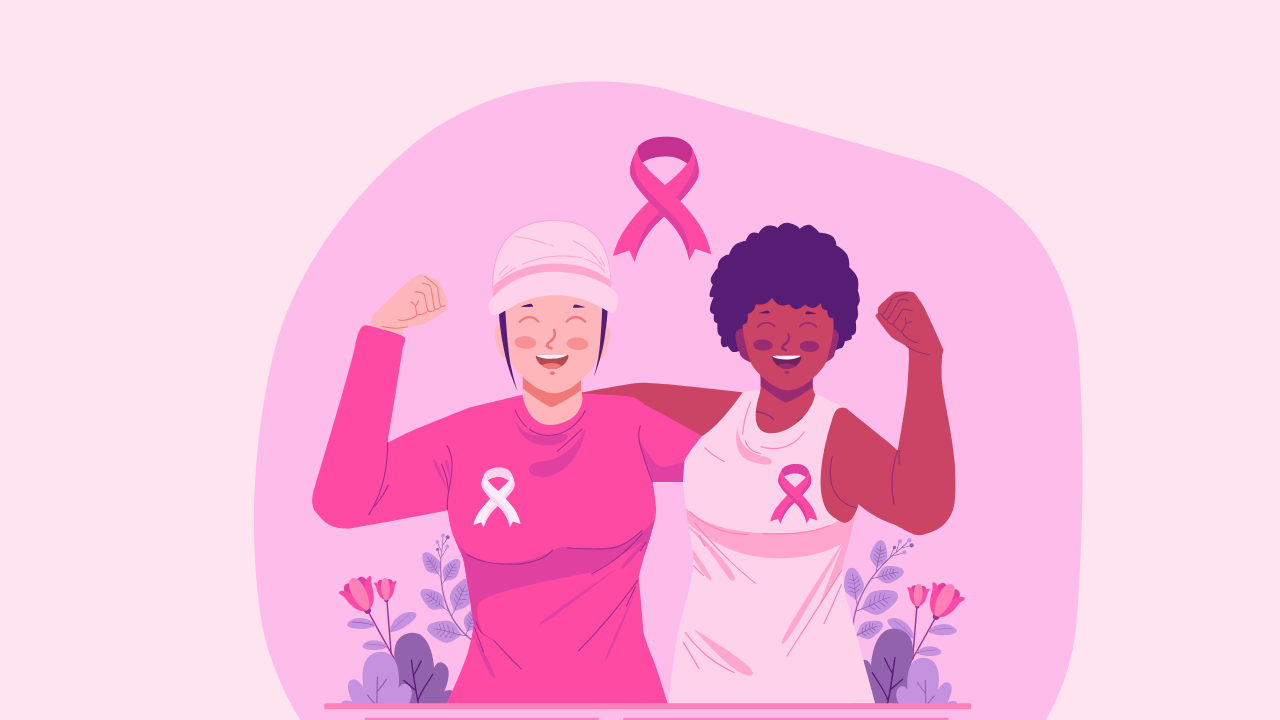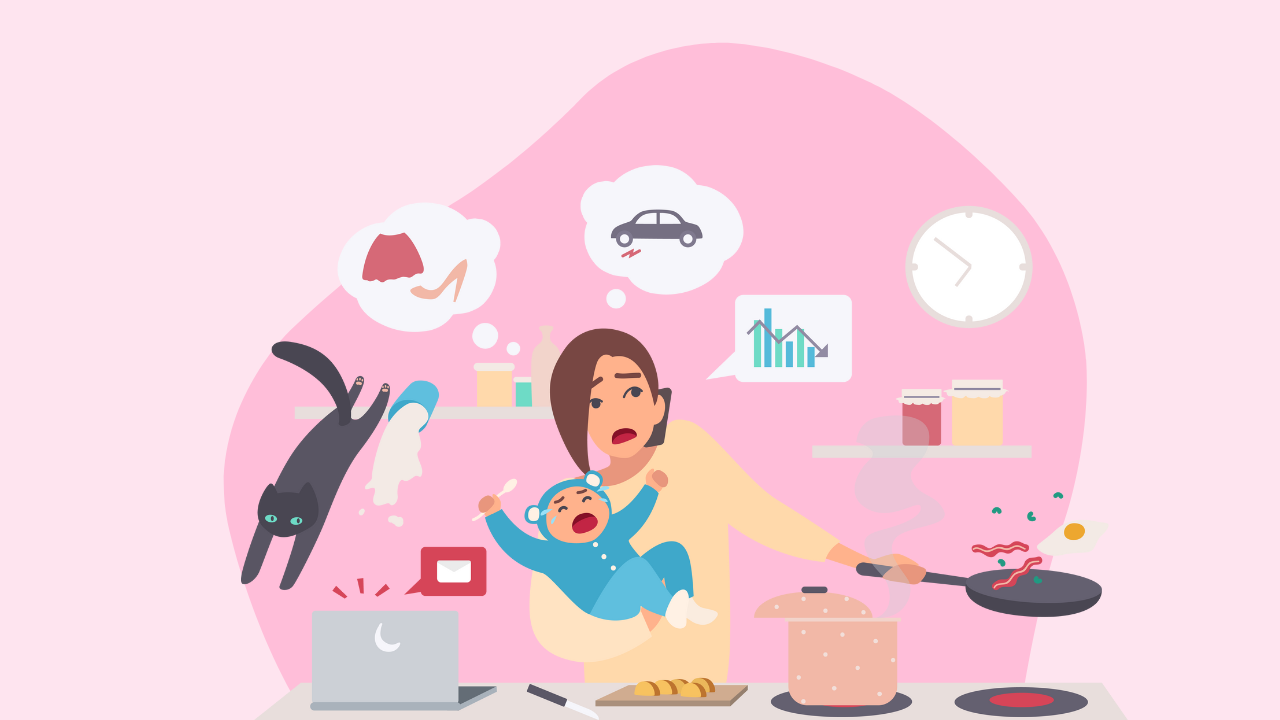Getting Called Back After a Mammogram Isn't Always Bad News

You get the letter or the phone call. Your mammogram results are in, and the radiologist wants you to come back for more imaging. In that moment, your heart drops. You start imagining the worst. But here is what you need to know: a callback does not automatically mean bad news. In fact, in many cases, it is simply part of making sure your results are as accurate and thorough as possible.
Why Callbacks Happen
According to breast imaging experts, about one in ten women who get a screening mammogram will be called back for additional testing. Most of the time, this happens because the images were not clear enough or because the radiologist wants a closer look at a specific area. Dense breast tissue, overlapping structures, or even a small fold in the skin can make a mammogram harder to read. A callback gives doctors the chance to get more detailed images and compare different views before making any decisions.
What It Really Means
A callback does not necessarily mean there is cancer. In fact, most women who are called back receive normal results after follow-up imaging. It is frustrating, and it can feel scary, but additional testing is part of making sure nothing gets overlooked.
Sometimes you may be asked to return for a diagnostic mammogram, which takes extra views of the breast, or an ultrasound to see tissue more clearly. In other cases, an MRI might be used if you have dense breasts or other risk factors. These tools exist to give doctors the clearest picture possible so that if something does need attention, it is caught early when treatment is most effective.
Turning Anxiety Into Action
Getting called back can feel unsettling, but it is also an opportunity to take control of your breast health. It means your care team is paying attention and making sure nothing slips through the cracks. Early detection matters. When breast cancer is found before it spreads, the five-year survival rate is significantly higher. A callback is part of that process.
The most important thing you can do is ask questions. If you are unsure why you were called back, talk with your doctor or radiologist about what they saw on your mammogram and what they are looking for in the follow-up exam. Understanding the process can take away much of the fear and help you make informed decisions about next steps.
The Bottom Line
A callback after a mammogram does not mean you have cancer. It means your care team is being cautious and thorough. More images, better views, and additional testing are all part of making sure your results are accurate and complete. Taking the time to get answers now can save time, stress, and potential complications later.







